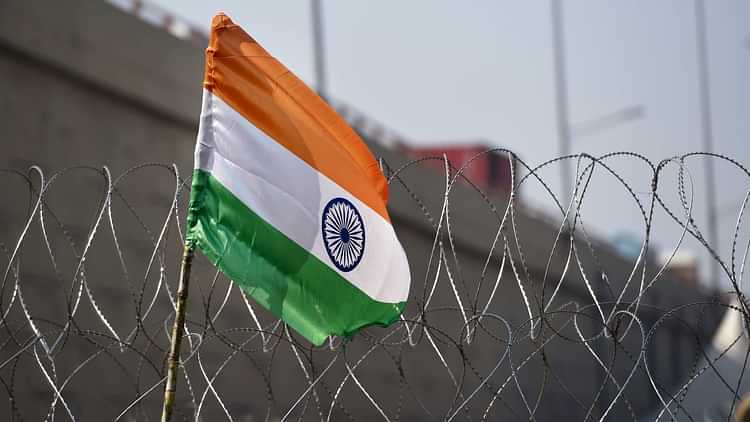It is the series of assaults and harassment of the minorities, starting from the lynching of Muslim cattle traders from around 2015, which appear to have prompted some of the “self-appointed custodians” of human rights, to quote external affairs minister S. Jaishankar, to downgrade India’s status as a democracy.
In recent weeks, these “hypocrites”, as the minister called them, must have noted the thrashing of a Muslim boy for drinking water in a temple and the bullying of nuns in a train by Hindutva activists. Taken together with a vice-chancellor’s protest against the muezzin’s pre-dawn call to prayer on the grounds that it disturbed her sleep, it is clear that those who “find it very difficult to stomach that somebody in India is not looking for their approval”, in Jaishankar’s words, will have a great deal to mull over the conditions of the minorities in India.
As if the adverse comments by Sweden V-Dem Institute and America’s Freedom House were not enough, the chairman of the foreign affairs committee of the US Senate, Bob Menendez, had called upon the US defence secretary, Lloyd J. Austin, to raise the question of human rights with the Indian leadership during his visit to New Delhi.
It is not known if the latter told the visitors that India was not interested in their approval, but what is clear is that India is going through a phase which it hasn’t experienced before. Even in the days of the country’s grinding poverty and food shortage when it lived a ship-to-mouth existence of imported foodgrains under the PL (public law) 480 agreement with the US, India’s “famously democratic” status, according to the Economist, was known and admired. In a region replete of dictatorships and theocracies – China, Pakistan, Myanmar, Iran – India was a beacon of civilizational norms to be proud of.
The beacon was extinguished in the seventies before being relit. Now, it has been dimmed again though not fully snuffed out. But the threat of the light being permanently quenched is probably greater than what it was four decades ago because there is an ideological agenda behind its dousing backed by official clout and the organizational heft of the BJP and the RSS.
Notwithstanding criticism by the liberal institutions of the West of India’s turn towards authoritarianism and minority-baiting, it has to be remembered that there are also schools of thought on the Right in Europe and America which will not hesitate to endorse India’s current hyper-nationalism. Among them are sections of the Republican Party in the US who are acolytes of Donald Trump and the Islamophobic East European parliamentarians who had been taken on a guided tour of Kashmir when its local leaders were in detention and the telecommunication services were severely restricted.
If Hindu-Muslim polarization and the incarceration of prominent social activists are features of a “partly free” India, in the words of the Freedom House, then the Left-Right divide abroad will tend to determine India’s place in the company of nations. Before the BJP’s rise, India was generally in the Centre-Left section of the international ideological spectrum largely because of its democratic status which made the West ignore its non-aligned position during the cold war when it was perceived to be close to the then Soviet Union. Among the offshoots of this position was India’s proximity to the Palestinians and distance from Israel. Now, the rightward shift in Indian politics has brought it closer to Israel.
These diplomatic oscillations wouldn’t have caused much of a flutter if India was not seen to be sliding towards an “electoral autocracy”, as the V-Dem Institute has said. The fundamental nature of such a change is more significant than the periodic adjustments in the relations between different countries depending on varying circumstances because it signals a transformation in India’s internal politics which can have fateful consequences for its people and even for the nation’s stability. History tells us that an autocracy is inherently fragile because the authorities can only maintain their hold on power with increasing high-handed conduct and even external adventurism.
A declining democracy, therefore, is a recipe for internal unrest, especially in a country of India’s size and diversity. There is little doubt that it was democracy which kept together a nation of 4,635 communities, 325 languages, 22,000 dialects and 24 scripts. An achievement of this magnitude is beyond the capacity of a “partly free” country.
































